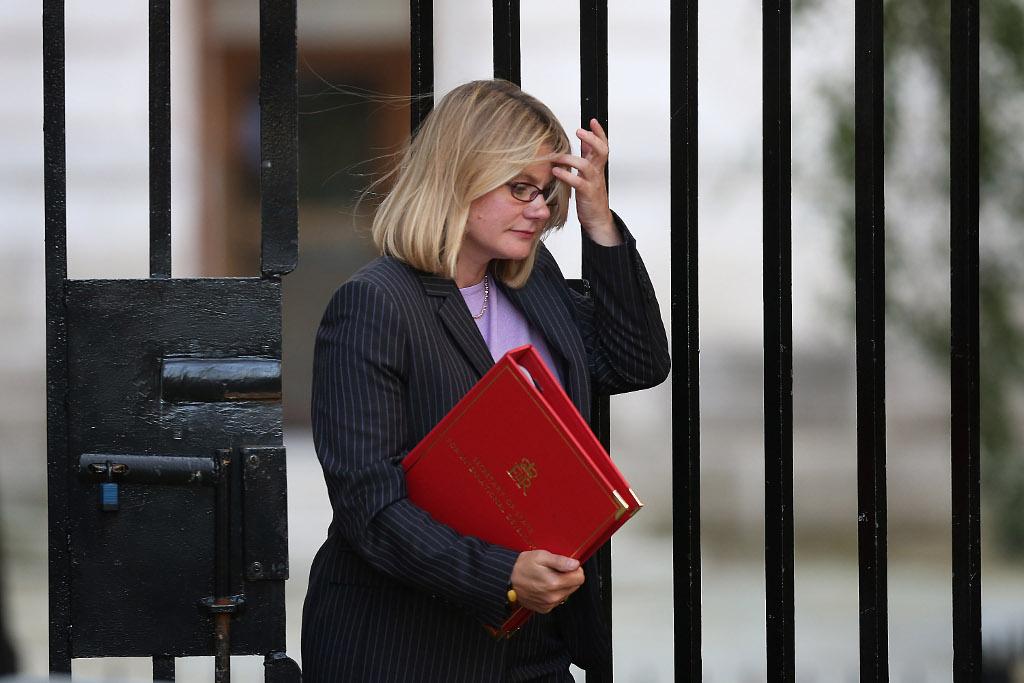South African minister hits out at UK over canceled aid
International Development Secretary Justine Greening arrives in Downing Street on Sep. 5, 2012 in London
South Africa's Minister of Finance, Pravin Gordhan, has accused the UK of misleading his government over its plans to cut aid to the country.
The UK International Development Secretary Justine Greening announced on April 30 that the UK would end its 19 million pound ($29.5 million) annual direct aid sum to South Africa arguing that Britain's relationship with the country should now be based on trade. Greening said the policy change, to be implemented from 2015, was agreed with her South African counterparts.
Yet Gordhan has joined the chorus of South African anger at what he claims is a false representation of the facts.
Gordhan told CNBC that he met with Andrew Mitchell, the former International Development Secretary, last year and was told that the British government's position on aid was set to change tack, and that South Africa would receive less aid.
Gordhan said his response was: "We can't debate whether their change in policy is right or wrong, but what we can debate is whether their perspective on the development challenges we have are right or wrong," Mitchell told Gordhan they would debate the issue at a later date.
However, according to Gordhan, Mitchell was then replaced by Justine Greening, who Gordhan only spoke to a few weeks ago on the telephone, when Greening said that aid would be cut.
"I accepted," Gordhan said, "but I also indicated that we needed to debate the broader development issue and we agreed that we might issue a joint statement at the World Economic Forum."
"What caused consternation among us," Gordhan continued, "was a statement from Ms. Greening's office last week which has two lines that say they have been in touch with their South African counterparts and we agreed that we can fund our own development.
"Firstly, no such discussion took place, and secondly, there is no such agreement."
Since the announcement of the withdrawal of aid, UK officials have constantly said that they had "months of discussions" and "many meetings" with South Africa before the decision was made.
Prime Minister David Cameron wants to protect the 0.7 percent of national income that is spent on overseas aid as he pursues austerity policies at home, but he has favored cutting assistance to middle-income countries, like India and South Africa, in order to boost support to poor countries, like Malawi.
For Gordhan, the precise sum of money is not the issue.
"The issue is whether and how the British government wishes to extend its solidarity in meeting some of the development challenges that we have," Gordhan said, "by sharing technology, by sharing expertise and by sharing experience."
He added, "The facts are that there was no agreement."
More from our partner, CNBC:
CNBC: Slow growth emboldens Fed to stay the course
CNBC: What pitchers could wear following J.A. Happ scare
CNBC: China Is 'core curriculum': Schwarzman
The story you just read is accessible and free to all because thousands of listeners and readers contribute to our nonprofit newsroom. We go deep to bring you the human-centered international reporting that you know you can trust. To do this work and to do it well, we rely on the support of our listeners. If you appreciated our coverage this year, if there was a story that made you pause or a song that moved you, would you consider making a gift to sustain our work through 2024 and beyond?
